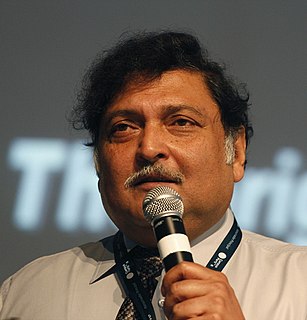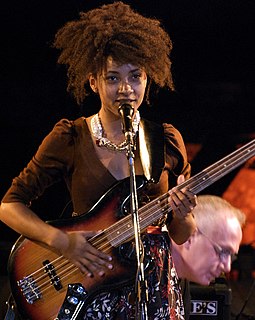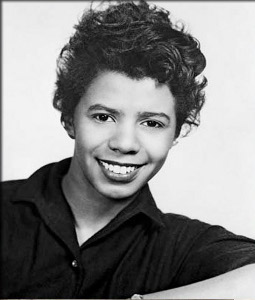A Quote by Sugata Mitra
In most schools, we measure children on what they know. By and large, they have to memorize the content of whatever test is coming up. Because measuring the results of rote learning is easy, rote prevails. What kids know is just not important in comparison with whether they can think.
Related Quotes
Child, when do you think is the time to love somebody the most; when they done good and made things easy for everybody? Well then, you ain't through learning - because that ain't the time at all... When you starts measuring somebody, measure him right child, measure him right. Make sure you done taken into account what hills and valleys he come through before he got to wherever he is.
Education means teaching kids how to do stuff and how to think about stuff. Education is a pretty simple concept with a very clear way to measure results: you give some kind of an exam - maybe it's one of those standardized tests all kids hate, maybe it's some kind of essay, but whatever it is, it'll measure the results, and the kids will hate it.


































